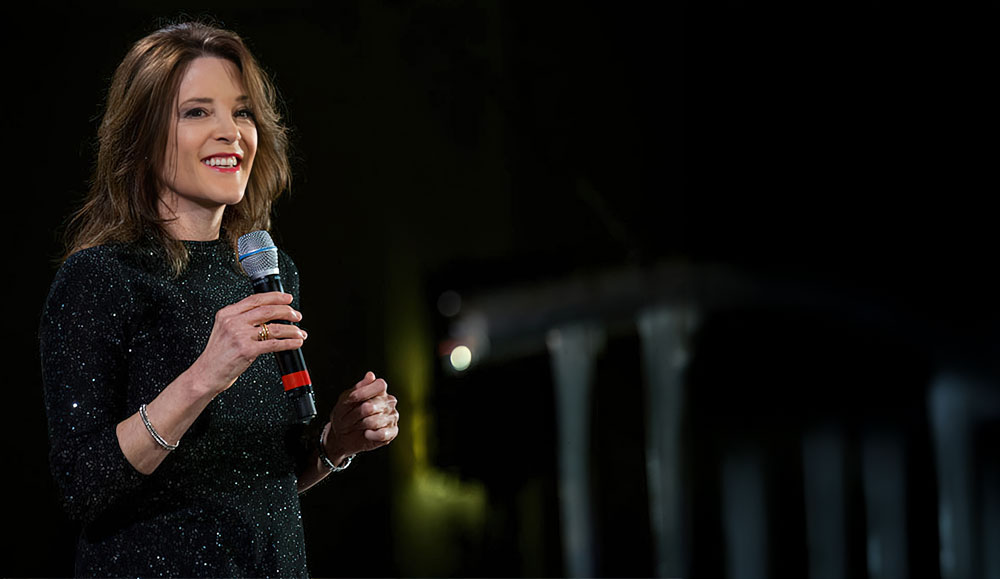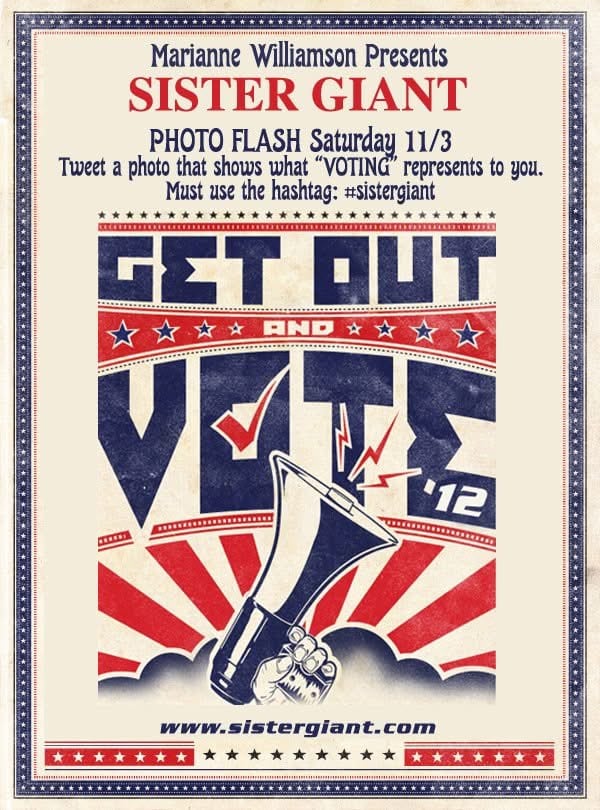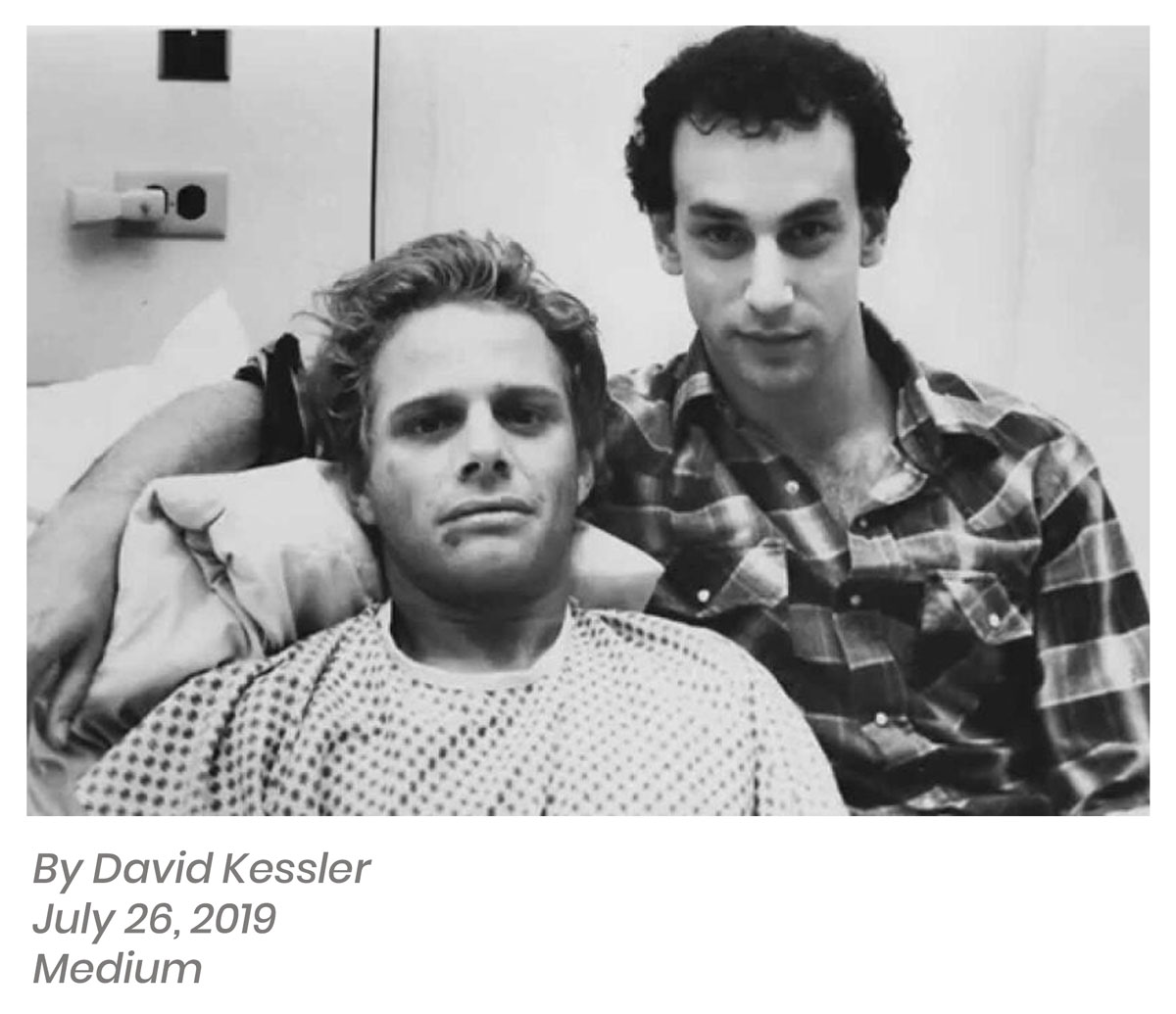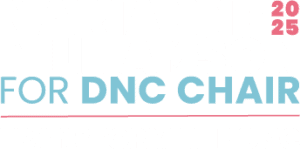WHAT I SEE FOR THE DNC

Having traveled extensively throughout America, I’ve seen an unsustainable amount of suffering. The richest country in the world shouldn’t have 500,000 people each year going into medical debt; 68,000 Americans dying each year from lack of medical care; 85 million Americans uninsured or underinsured; 18 million Americans unable to afford the prescriptions given to them by their doctors; 64 percent of Americans living paycheck to paycheck; 88 billion dollars of credit card debt; 600,000 people homeless – such are not just numbers.
They are human lives in despair.
Out of such despair emerges all manner of personal and societal dysfunction. From mental health crises to drug and alcohol addiction, increased suicide rates, rampant senseless violence, and people being ideologically captured by genuinely psychotic forces, these things are eating at the very heart of our society.
The American people know all this. They know we have serious problems, because they face them every day. What we need them to know is that Democrats have their back.
Many Democrats across the country, on local, state, and federal levels, are fighting hard each day for the American people… for their safety, health, economic opportunities, general well-being, and planet. But in too many ways Americans don’t know it.
The DNC needs to become a communications platform. Every day we must communicate to the American people who we are, what we’re doing, and how our ideals and policies are relevant to their lives. If we do that, the voters will take it from there.
Such a transformation will not be accomplished by incremental change, or better data analysis, or more bells and whistles.
Our problem is not a lack of political technicians. Our problem is a lack of vision. It is that which we need to restore, starting with ourselves. Digging deep into our own thoughts and feelings, we will be far more capable of reaching the thoughts and feelings of the American people. And that will be our winning ticket. The part of the brain that analyses an issue is not the part of the brain that decides who to vote for. As we change our communications systems, we will reach the American voters in both head and heart. And that’s when change will come.
We have all the talent we need right here, among the DNC membership. We don’t need to call in help from the outside; we need to listen to all the wisdom on the inside. There is extraordinary insight and capability among the DNC membership. But it needs to be respected, and it needs to be unleashed.
If I am elected Chair, it will be.
 My career has not been a traditional one, but it has been successful. I have been a nondenominational minister, a successful businesswoman, a political activist, and a bestselling author of sixteen books (including HEALING THE SOUL OF AMERICA and THE POLITICS OF LOVE). I have counseled leaders in areas ranging from business to culture to politics. I have been blessed to participate in many non-profit activities, including co-founding The Peace Alliance, working on the Board of RESULTS, and speaking for various charitable causes over the years. I produced and hosted four Sister Giant Conferences, facilitating the connection of thousands of women to progressive activism and electoral politics. I have run for Congress and I’ve run for President.
In 1989 I founded an organization in Los Angeles called PROJECT ANGEL FOOD to deliver meals to homebound people living with AIDS/HIV. Today, the organization has delivered over 18 million meals to homebound people living with life-challenging illnesses in the Los Angeles area. The video below gives a glimpse into my work during the AIDS crisis, my commitment to humanitarian values, and my insistence that we get the work done.
In the early days of my career, most people I knew living through serious crises were dealing with challenges that were the exception and not the rule in their lives. By the end of the 1990s, however, I saw things begin to change. For far too many people, the crisis was the rule rather than the exception. It wasn’t just that someone had cancer; it’s that they didn’t have healthcare. It wasn’t just that someone didn’t have a job; it’s that they couldn’t support a family on just one. It wasn’t just that their child had severe asthma; so did every child in the neighborhood.
For far too many people I encountered, the crises in their lives were due at least in part to bad public policy. That’s when I jumped into the political fray, hoping to put my various skills and experiences to use in solving the larger problems in our society.
My career has not been a traditional one, but it has been successful. I have been a nondenominational minister, a successful businesswoman, a political activist, and a bestselling author of sixteen books (including HEALING THE SOUL OF AMERICA and THE POLITICS OF LOVE). I have counseled leaders in areas ranging from business to culture to politics. I have been blessed to participate in many non-profit activities, including co-founding The Peace Alliance, working on the Board of RESULTS, and speaking for various charitable causes over the years. I produced and hosted four Sister Giant Conferences, facilitating the connection of thousands of women to progressive activism and electoral politics. I have run for Congress and I’ve run for President.
In 1989 I founded an organization in Los Angeles called PROJECT ANGEL FOOD to deliver meals to homebound people living with AIDS/HIV. Today, the organization has delivered over 18 million meals to homebound people living with life-challenging illnesses in the Los Angeles area. The video below gives a glimpse into my work during the AIDS crisis, my commitment to humanitarian values, and my insistence that we get the work done.
In the early days of my career, most people I knew living through serious crises were dealing with challenges that were the exception and not the rule in their lives. By the end of the 1990s, however, I saw things begin to change. For far too many people, the crisis was the rule rather than the exception. It wasn’t just that someone had cancer; it’s that they didn’t have healthcare. It wasn’t just that someone didn’t have a job; it’s that they couldn’t support a family on just one. It wasn’t just that their child had severe asthma; so did every child in the neighborhood.
For far too many people I encountered, the crises in their lives were due at least in part to bad public policy. That’s when I jumped into the political fray, hoping to put my various skills and experiences to use in solving the larger problems in our society. Marianne and the AIDS Crisis

By David Kessler
I have watched history get changed, facts ignored and lies told about Marianne’s involvement in the AIDS crisis and must set the record straight since I was there. In the mid-1980s, I was running a home hospice for people who were dying of AIDS. Marianne was running a free support group for people dying of AIDS. Many of these were people who had been turned away by their communities, families, church and clergy since they had AIDS. The disease was mysterious and deadly, the public’s reaction was harsh. I felt deeply compelled to write this after hearing false remarks about Marianne Williamson and medicine, people with AIDS and the organization she founded, Project Angel Food. I needed to do this to make the truth clear. I saw first-hand how she cared for the community. Marianne is not the person who was against medicine, she was the one that sat with dying men with AIDS when there was no cure. And when medications became available, I saw her driving men to the doctor with AIDS. I witnessed her paying for medication for men with AIDS. Together we visited hospital after hospital and home after home. There was a man named Tom, his legs were swollen three times their usual size. His legs were not getting enough blood and they were essentially rotting. We had to use special procedures to deal with the smell. The stench was awful. I asked Marianne if she would be willing to come and she said, of course. As an expert in end-of-life, I have unfortunately been in situations like that. Marianne had not and did not flinch. She lovingly reminded Tom that he still mattered and was worthy of care and love.